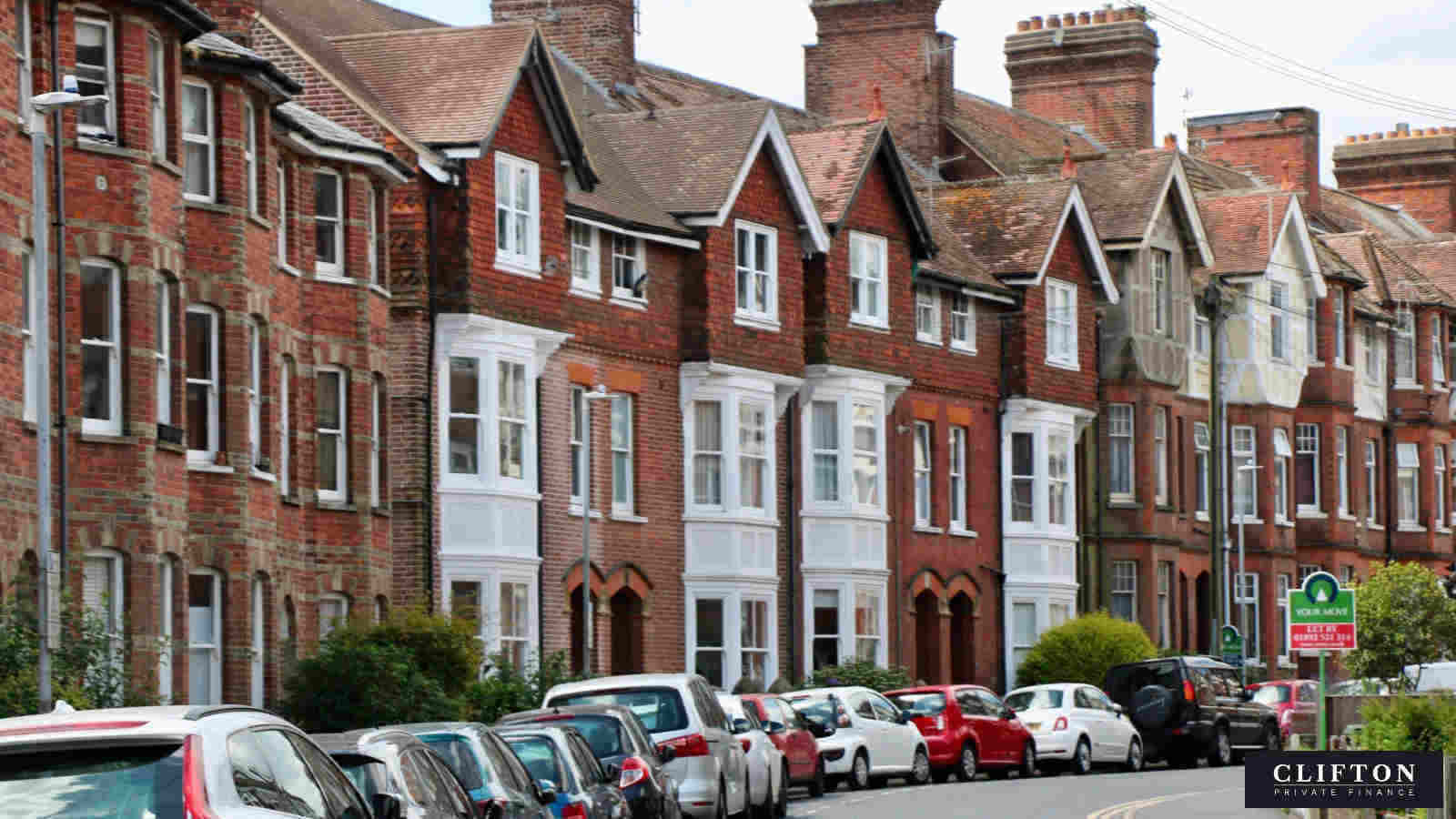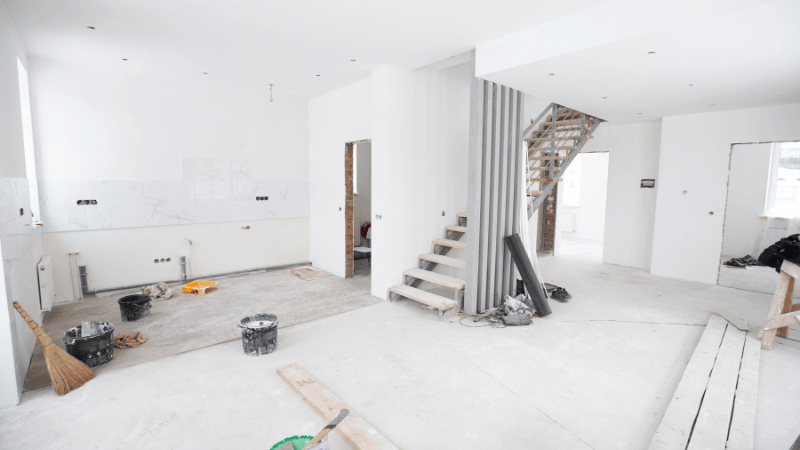Categories
Remortgage to buy another property: make use of the equity in your home

You’ve seen the prices rise on the properties around yours, and you’re wondering: how do you make use of the increased value of your home or rental property without actually selling up and cashing in?
Remortgaging can be the answer if you’re thinking of buying another property
In this blog we'll cover the three good reasons to refinance and answer your key questions: How much equity can I access, and How much will it cost me?

1 Remortgaging to buy a rental property
The market now is right for investing in a BTL now and increasing your income into retirement.
- Many would-be young buyers are putting their purchase plans on pause in the midst of job uncertainties, strengthening demand in the rental market.
- According to Rightmove, demand for lettings in the south-west was 34% higher in May 2020 compared with May 2019.
- BTL lenders are willing. Some niche lenders may now ask for a cash-flow analysis to show you could weather an interruption to rental payments due to tenants’ requesting a "rent holiday". But a detailed business plan will usually get you lending approved.
2 Remortgaging to buy a second home / holiday property
It’s all about the staycation, with increasing numbers of investors buying a holiday property for themselves and family members to use, and to generate income into retirement.
- Even before the pandemic, concerns such as the climate impact of airline travel meant 8% more Britons were taking holidays exclusively within the UK than only booking overseas holidays, according to Schofields Insurance.
- The effect of coronavirus-related international travel concerns and restrictions meant that at the end of July 2020 the BBC reported “Nothing left or ‘it’s a ridiculous price’” on UK holiday accommodation.
- Sykes Holiday Cottages, one of the UK’s biggest cottage rental sites, saw a summer 2020 increase in bookings of more than 50% year-on-year, and was also seeing a steady stream of advance bookings for 2021.

3 Remortgaging to help a family member get onto the property ladder
These are tough times for young people hoping to buy their first home, or young families hoping to upgrade.
- Many property owners have hoped or expected to give children or grandchildren a substantial deposit to help them with a property purchase, as their parents may have done for them. But now we’re aware of the need to conserve capital to pay for our own retirement and later-life care.
- If you aren’t yet ready to downsize, remortgaging allows you to stay in your own home while releasing funds to gift or lend as a deposit. (The larger the deposit the lower their monthly payments will be – often a significant issue for struggling younger borrowers.)
- If you still have earned income to service a remortgage, this is the solution that may work best for you. Compare it with equity release.

Can I remortgage a property that doesn’t currently have a mortgage?
Yes. If you’ve fully repaid the mortgage on a property, or were in the happy position of being able to pay outright in cash, what you’ll be looking for is technically a new mortgage rather than a re-mortgage.
But the mechanism is similar: the monthly payments you’ll now be making will be covering the cost of the cash released against the security of your house.
How does remortgaging work?
Property owners usually remortgage for one of three reasons:
1 To avoid reverting to a high rate: You originally signed up for a fixed-rate mortgage for a limited term (usually between two and five years, sometimes as long as 10 years) as a way of securing a fixed interest rate that gives financial certainty.
But now you’re coming to the end of that term you’ll be wanting to set up a new mortgage deal (either with the same lender or a new one), to avoid reverting to your lender’s higher standard variable rate (SVR).

2 To reduce your monthly repayments: If your property is now worth a lot more than you paid for it, or you’ve repaid a considerable proportion of your mortgage, the loan-to-value ratio (LTV) of your finance is now significantly lower than when you first set it up.
You can use that improved LTV to negotiate a lower interest rate (because a lender’s risk is reduced) so that your monthly repayments will be lower.
3 To release equity: If your LTV is now lower, instead of reducing your monthly mortgage payments you can choose to keep your repayment costs roughly similar but take out the difference between your property’s original price and its current value as a lump sum in cash to use to buy another property.
An experienced mortgage broker will be able to advise on the costs of remortgaging, and find a deal that suits your circumstances best, and also tell you how much equity you should be able to access.
Related: How to Remortgage a Buy to Let
How much can I borrow by remortgaging?
Currently (August 2020) it's possible to borrow up to 85% of the value of your property is possible, if your income can support it.
- As a rough rule of thumb, you will be able to borrow 5x your salary, or possibly 5.5x salary with a higher income and a ceiling on your overall borrowing amount. Read our blog on mortgages for 5 or 6 times salary.
- How much you can raise will depend on combined household income, credit status, age (if you’re over 85 we may struggle to get you a remortgage offer).
- If you’re looking to remortgage a rental property you can currently (August 2020) borrow up to 75% of the property’s valuation – based either on an on-site valuation by a surveyor or the automated valuation model (AVM) – which was previously the only method possible during Covid lockdown. Niche lenders who were previously lending up to 80-85% LTV on BTLs have as yet to start lending again at that level.

How much will remortgaging cost me?
Extending your current mortgage, or taking out a new mortgage on a property that’s currently finance-free, is likely to be the cheapest way of borrowing money for a property purchase – unless you can arrange a loan from a family member.
The BOE base rate at 0.1% means that borrowing is as cheap as it gets on secured lending (borrowing "secured" for the lender against the value of a property).
Mortgage rates for people remortgaging up to around 75% LTV are currently below 2% APR for two and five-year fixed rates (August5 2020). Check this handy repayment calculator to get a feel for remortgage rates available. (You’ll see that product fees, terms and cashback deals vary, which is why you’ll find the expertise of a mortgage broker worthwhile.)

What do I need to do?
You’ll need to know that a lender will be willing to release funds for your intended purpose, otherwise you’ll waste time on unsuccessful applications.
Most mortgage lenders are very willing to remortgage to fund a bricks-and-mortar reinvestment, but the variations in fees and cost structures will have important considerations for you – now, and in the future when your circumstances may have changed.
An experienced remortgage adviser will discuss all the possibilities with you, and when we’ve identified the most suitable lender and you’ve agreed the terms of their offer, they’ll instruct a full valuation and your refinancing will be underway.
Call us at Clifton Private Finance to arrange a no-obligation discussion:
0203 900 4322
More about our remortgage service
And if you've found this blog useful do pass it on...









